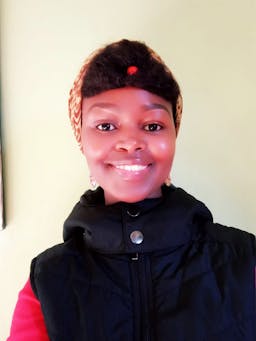If You See My Mother, Please Show Her This Picture
Feb 19, 2022
Story
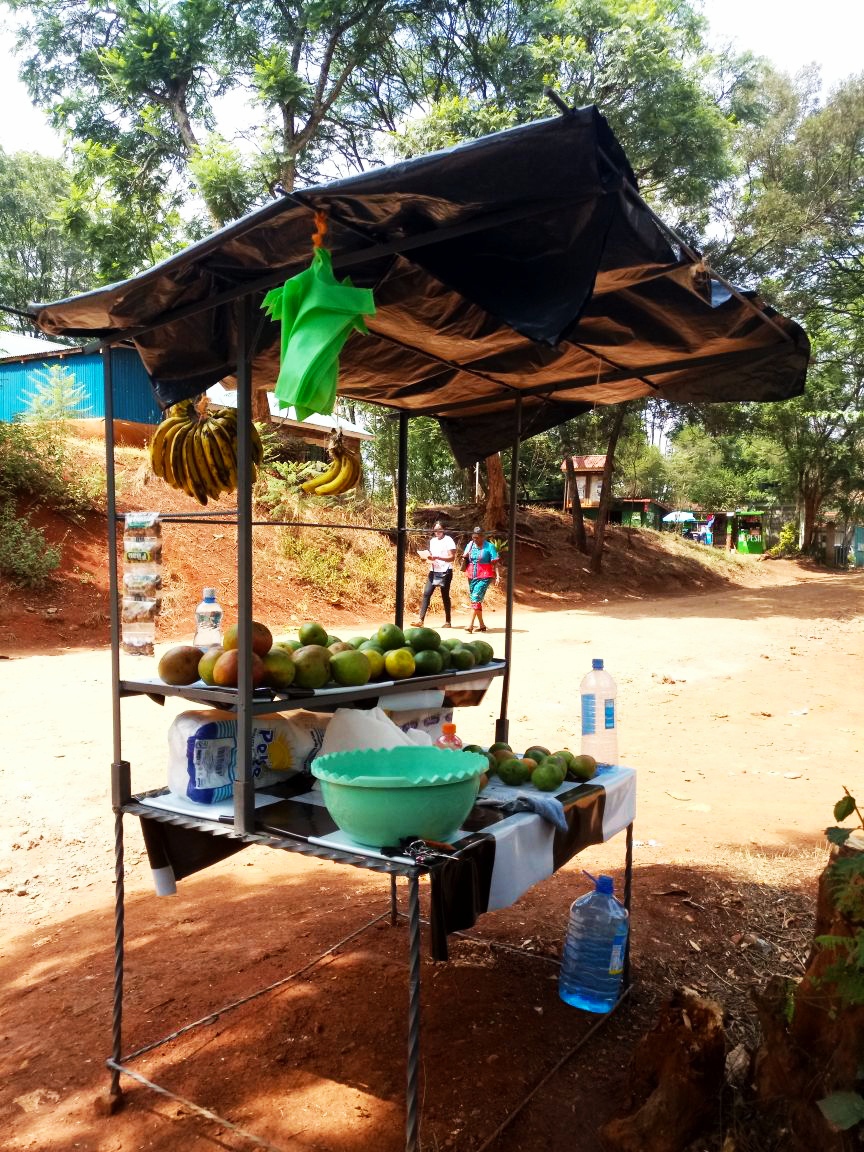
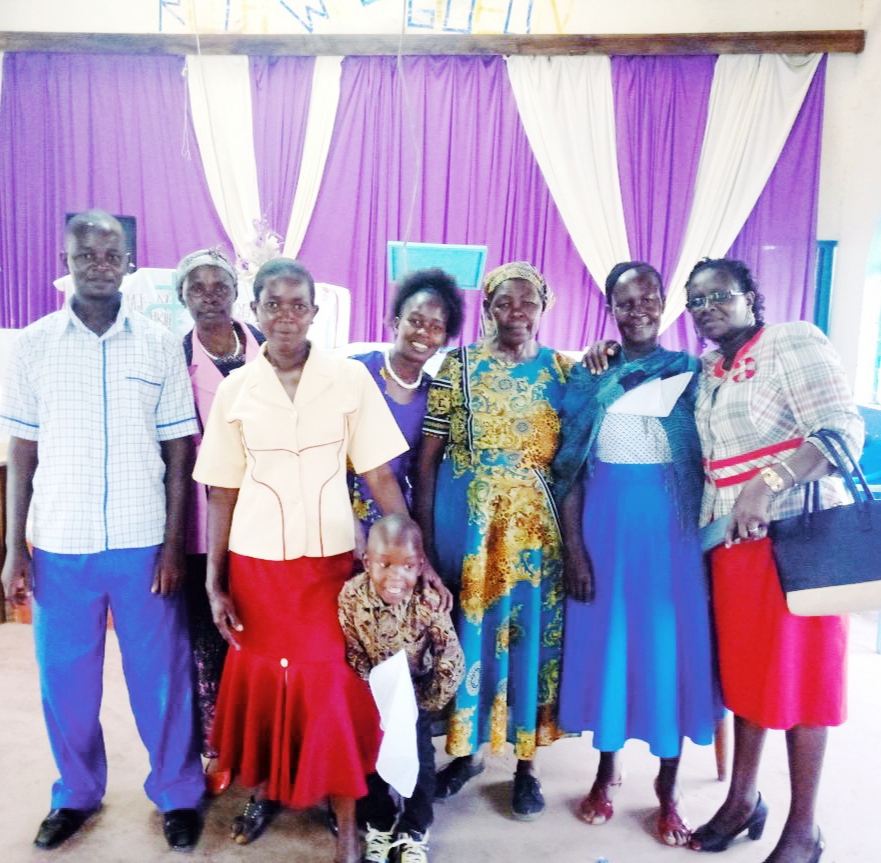
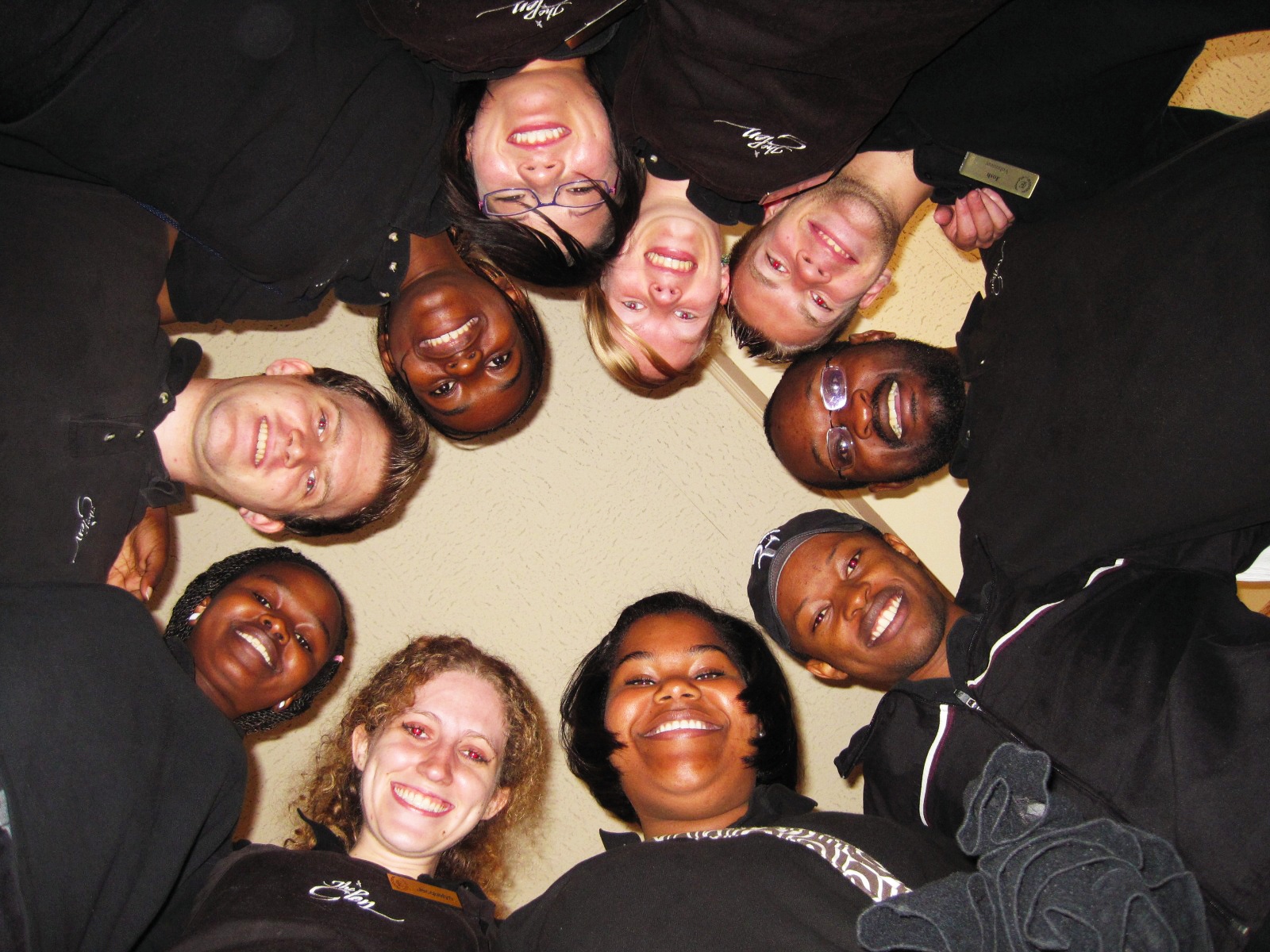
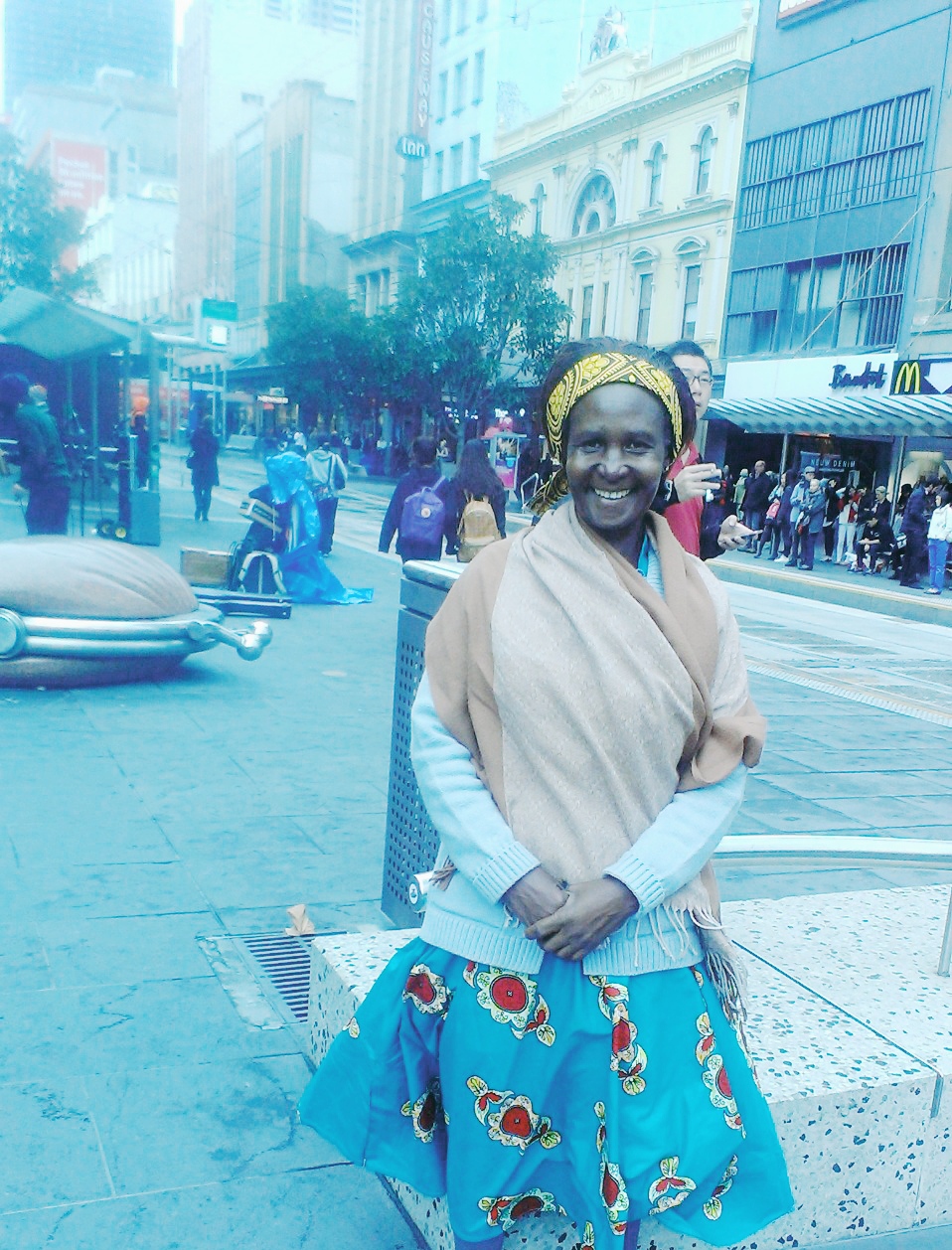
I last saw my mother four years ago, in July of 2017. In her house, she hung an outdated calendar with a picture of a lovely young woman. On telling me that she kept the calendar because the girl on it reminded her of me, I threw it out and sent her a canvas print of myself and my family. I did not fancy being replaced by a pretty stranger in my childhood home.
Now, four years on, my mother says that she is trying to guess what I look like now. Because she does not have a smartphone, I cannot face-time her or send her recent photos of myself
'Just buy her a Smartphone then', I hear a problem solver saying. But my mother can neither read nor write, and the idea of ‘the phone that you scratch’ terrifies her. Why traumatize her over a device for pictures that she may never find? Digital illiteracy and inequalities alienates my mother from my world, and alienates millions more from yours.
Nevertheless, if you see my mother, and can convince her to learn to use an iPad, perhaps set up the apps in pictures associated with their function, you will have succeeded where I failed. You will have bridged the gaps between illiteracy, technology, and the aging. You will have colored my mother’s world, and I will love you for it.
My mother is a hard-working non-complainer. She woke up at 5 am every day to get us ready for school by 6 am. School started at 6:30 am. It still does, and I am still puzzled as to why. Then she would embark on a 6-hour round trip trek to the mountains to buy vegetables for sale at the market, all in the hot sun, then come home and cook the evening meal if hers and Baba’s day had been profitable.
And here I am, congratulating myself for being healthy and environmentally conscious whenever I give the car a rest and walk the one-hour round trip to buy groceries with the invisible money we call a Mastercard. It is no wonder that mama told me she sent me to school so that I might afford a little laziness.
Even the urban craze of strict fitness regimens amounts to laziness by village standards, because leisure and recreation can never be work. Ouch.
My mother is generous and compassionate. If we had enough maize meal for solid food and our neighbor to the west came a-borrowing some because her children had not eaten for two days, my mother would share her maize meal and feed us a light porridge instead. She could not tell a fellow mother that she only had enough for her children.
Sometimes, when I was so hungry that the porridge just didn’t cut it, I resented mama for that reckless generosity. But now I have children of my own and can imagine the helplessness and desperation of a mother when her children are hungry without food to give them. My mother has been in that desperation countless times.
Two days ago, I woke up hungry and irritable, which took me back to one such memory of hunger and desperation in my village home. Early in the rainy season, after we had used the last of our dried grain as seed for planting, the village staple of dried maize and beans became scarce, making hunger a frequent companion.
One time, we had gone without food for three days straight. But mama still got up every day and mustered enough energy to go out in search of food while we kids rolled about on the ground, hungry and miserable.
You remember such hunger. It holds on to you. Incidentally, I am utterly terrified of being hungry and take food with me wherever I go, including to people’s homes, because urban gourmet food is sometimes torturous to my village palette. My snack stash often means rescuing my bags from moldy snacks long forgotten there. My fear is my loss.
Well, on the third day of this hunger spree, mama got hold of some dried maize kernels, but not beans. Mama knew that boiled maize would be too chewy for us to eat, not to mention harsh on a temporarily decommissioned digestive system. With a stomach as famished as ours, she proceeded to pound that maize for half an hour to soften it for us before cooking it with some greens. We were saved! That is the most memorable meal of my life, because the time between my sighting the dry maize and its reaching my rumbling belly seemed like an eternity, and because it took such love and sacrifice.
As I thought back to that extreme hunger episode feeling lethargic in my kitchen two days ago, I wondered from where my mother had summoned such energy.
I rang mama and asked her how she managed to do so much for us. Wasn’t she as fatigued from hunger as we were? “Ah, it was not strength child,” mama had replied. “You know, it is unbearable for a mother to sit and watch the light go out of her children’s eyes when she has no food to bring their vibrancy back. I thank God you have been spared that pain”.
Oh, but mama is strong. When Kithu, one of my brothers was in his early teens, he had an ulcerous wound that ran the entire shin of his right leg. He had no skin from his knee to his ankle, only patches of scab, blood, and pus. It was too painful to walk on that leg, and it stayed for months and months. I still feel queasy when I picture it.
The nearest health center at the time was nearly 2 hours away on foot, and without any means of transport or the money to hire it, mama carried her teenage son to the health center for all his skin clinics—on her back. She’s a small woman; not much taller than 5’5.
When a mother’s heart breaks for her children, she can transform herself into a superhero, but I doubt I could be like mama. Mama blames her debilitating osteoarthritis on these years of lugging and ferrying her children—and for them.
Like most mothers in rural Sub-Saharan Africa, mama has led a life of great hardship. I would not want her to spend her sunset years worrying, but she does. Especially in this past year. I blame Coronavirus.
A major contributor to her Coronavirus worries is that mama understands only my dialect and partial Swahili. She understands neither the news nor the geography from where that news is coming. Consequently, each fresh wave of Coronavirus panic from the news creates confusion and anxiety.
Education is crucial to helping us understand our world. Without it, life seems to take more from you when your world is dark, confusing, or incomprehensible. I feel for my mama and others like her— local, uneducated women on the margins drawn into the arena of a constantly changing global phenomenon—viewing scary images of Coronavirus management without comprehending what they mean, from where they originate, or how they might impact the viewer.
I mean, coronavirus is concerning enough for those of us who can understand, ask questions, and conduct our own research. How much worse for those without the privilege of literacy?
So if you see my mother, please tell her that I am well and safe. Mind you, telling her that my state is in a 7-day lockdown necessitated by 80 active Covid-19 cases is out of the question. Just keep it positive. It might help if she hears of my safety from multiple sources. Tell her not to worry too much but to pray instead; for a global miracle.
I could do with a miracle myself. I am so homesick that I practically live on chai and buttered bread – Kenya’s breakfast staple. Mine is a worrying regression for someone who ate fresh, grilled sardines and a garden salad for breakfast. A bit of an overkill, I know, this breakfast. But six years of continuous pregnancy and breastfeeding left my body feeling beat. My memory got so bad that if my five-year-old forgot something, he would say: that’s OK; I’m just being like mama. Ahem.
My strange breakfast habits were my attempt at nourishing a body plundered by three precious mini-humans. Unfortunately, thanks to Corona-homesickness, my sardines are going stale in the freezer, where I banished them indefinitely.
It is strange, feeling that home is far away and unstable, moving further or closer with every change in restrictions. If I were in Europe or America, going home would be easier. Those regions are more densely populated, which means more airports and more flights between to and from Africa at affordable prices.
Australia, on the other hand, is en-route to nowhere. Flights are scarce and return airfares prohibitive. Coupled with the fact that seeing my mother is not critical enough a reason for the government to grant me a travel permit, my going home remains a virus-infected dream.
It seems that the only way into Australia from African countries is on a Business or First class ticket, because not many people are travelling this direction, and jet fuel is not cheap.
Another dilemma regarding trans-Pacific travel is what to do with my little energy ball of a toddler. Can a baby who is suited to free-range living survive hotel quarantine? What would he eat? What would he do inside one tiny room for more than twenty thousand minutes? The thought itself is unsettling, more for the baby’s sake than mine. My mother remains hopeful all the same, mentioning that I am due home during every phone call.
If you see my mother, tell her I miss her. I miss her warmth and her candour. I miss her joy and her laughter. I miss her teasing me over how much I cook when I go home. I miss listening to her singing and whistling as she goes about her chores. I miss chatting with her by the fire late into the night.
Tell mama I miss her passioned lectures about caring for my husband village-style–and with greater reverence in my case because mine is a foreigner–lectures which I appropriately renamed patriarchal nonsense. I miss her intelligent judgment and diplomatic capacity. She always surprises me with her assessment of and response to heightened issues. I miss her being; the being with her.
As I write, my mother lies on a hospital bed, hospitalized for blood pressure trouble, protein deficiency, and several micronutrient deficiencies thanks to a highly restrictive diet to manage GERD. Typical village medical practice; they tell you to stop eating this and forget to tell you what you should eat instead. With this worrying development, mama feels so far, and my once firm hope is swiftly morphing into frustration.
If you see my mother, tell her I will see her at Covid-19’s earliest convenience. In the meantime, we will hold on to life, hope, and memories. We will count our blessings and marvel at how technology shortens the distance. We will keep wooing her to accept the challenge of learning to use an iPad—the technological literacy that can bring us even closer.
And we will wait. When I feel frustrated, I will recall the resilience of ancient Hebrew women like Ruth and Rebecca, or brave pioneer women across the ages who left their homelands without any hope of ever returning to see their loved ones again, or sending word to their families about how they fared in the new lands.
So please show mama this picture for me smiling and content, and tell her I say thank you. For birthing me, for sacrificing her whole life for all eleven of us, for believing in me, and for releasing me to go off with a boy she hardly trusted, to foreign lands with foreign ways and people who are not our own. Tell her it’s not scary here, that white people are just people, albeit with a significant deficit in melanocytes.
I imagine the joy and satisfaction this picture will bring to mama’s heart. I picture you holding your device close to my mother’s face for a better look. She will smile at my image; we will smile at each other. The smiles will momentarily quieten her worries.
I only hope that my smile will conceal from her what I really feel—like a cherry-blossom bush in winter—lifeless on the outside while imperceptible life bubbles within.
First published on my blogsite
